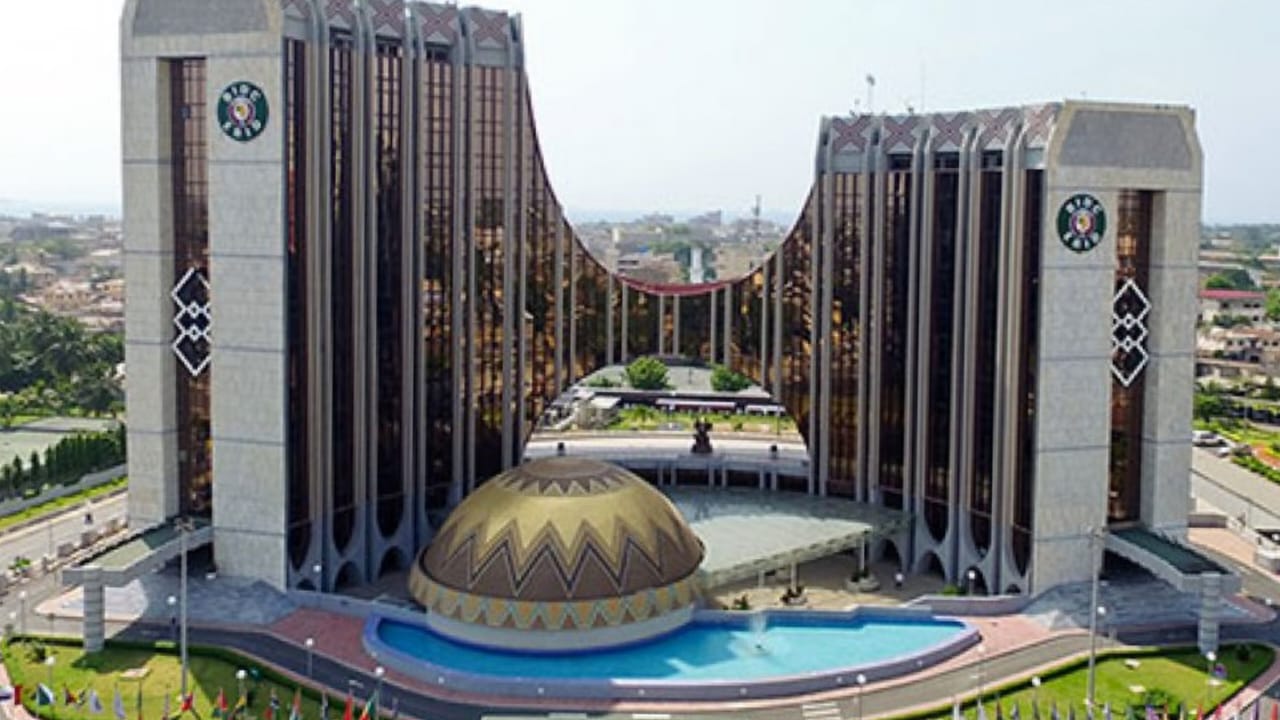Africa
Nigerian media laws receive praise from ECOWAS Court by advocates in the press

Advocates for press freedom in Nigeria are celebrating a recent decision by the West African court of the Economic Community of West African States (ECOWAS) directing Nigerian authorities to reexamine several parts of the Press Act.
The court ruled that certain sections of the statute unfairly target non-professional and online journalists. The decision came about as a result of a 2021 lawsuit brought by two Nigerian journalists against the government.
Two years ago, Nigerian journalists Isaac Olamikan and Edoghogho Ugberease filed a case before the ECOWAS regional court following their arrest by security personnel during separate news gathering incidents.
Olamikan was charged with using a media licence that had expired during practise. Authorities informed Ugberease, a citizen journalist who frequently reports events in her community in the southern Nigerian state of Edo, that she lacked the qualifications to conduct investigations or deliver tales.
However, the three-person ECOWAS court panel decided that three provisions of the Nigerian Press Council Act discriminated against internet and citizen journalists by imposing age limits and educational requirements on journalists.
The court ruled that although media space is changing due to technological breakthroughs, Nigerian law has not kept up with these developments.
The timing of the ECOWAS verdict, according to Ahaziah Abubakar, a former director of news at Voice of Nigeria, couldn’t be better.
He declared, “I’m happy that a court with appropriate jurisdiction has made a ruling on something like that.” “Journalists are now a threatened species.”
According to the journalism advocacy group Reporters Without Borders, Nigeria is among the most hazardous and challenging countries in West Africa for journalists, as they are frequently subjected to monitoring, attacks, and arbitrary detentions.
The group claims that while freedom of expression is protected by the Nigerian constitution, there are numerous laws that have provisions that allow for the obstruction of journalism.
The Nigerian government argued in its defence before the ECOWAS court that the detention of the journalists was necessary for maintaining national security and that there are limitations on the freedom of speech and access to information.
Abubakar expressed concern with the ECOWAS ruling’s execution.
He declared, “The powers that be in Nigeria do not obey court orders; there are so many court pronouncements.” “Implementation is selective because it benefits the ruling class.”
The legal representative for the Nigerian journalists, President Aigbokhan, stated: “I believe civil society organisations should handle it from there since, in most cases, the government will be uncooperative. More public discussion of how that law cannot stand should be held, as certain parts of it have already been overturned, regardless of whether it is changed nationwide.”
When and whether Nigerian authorities will change the law is unknown.
